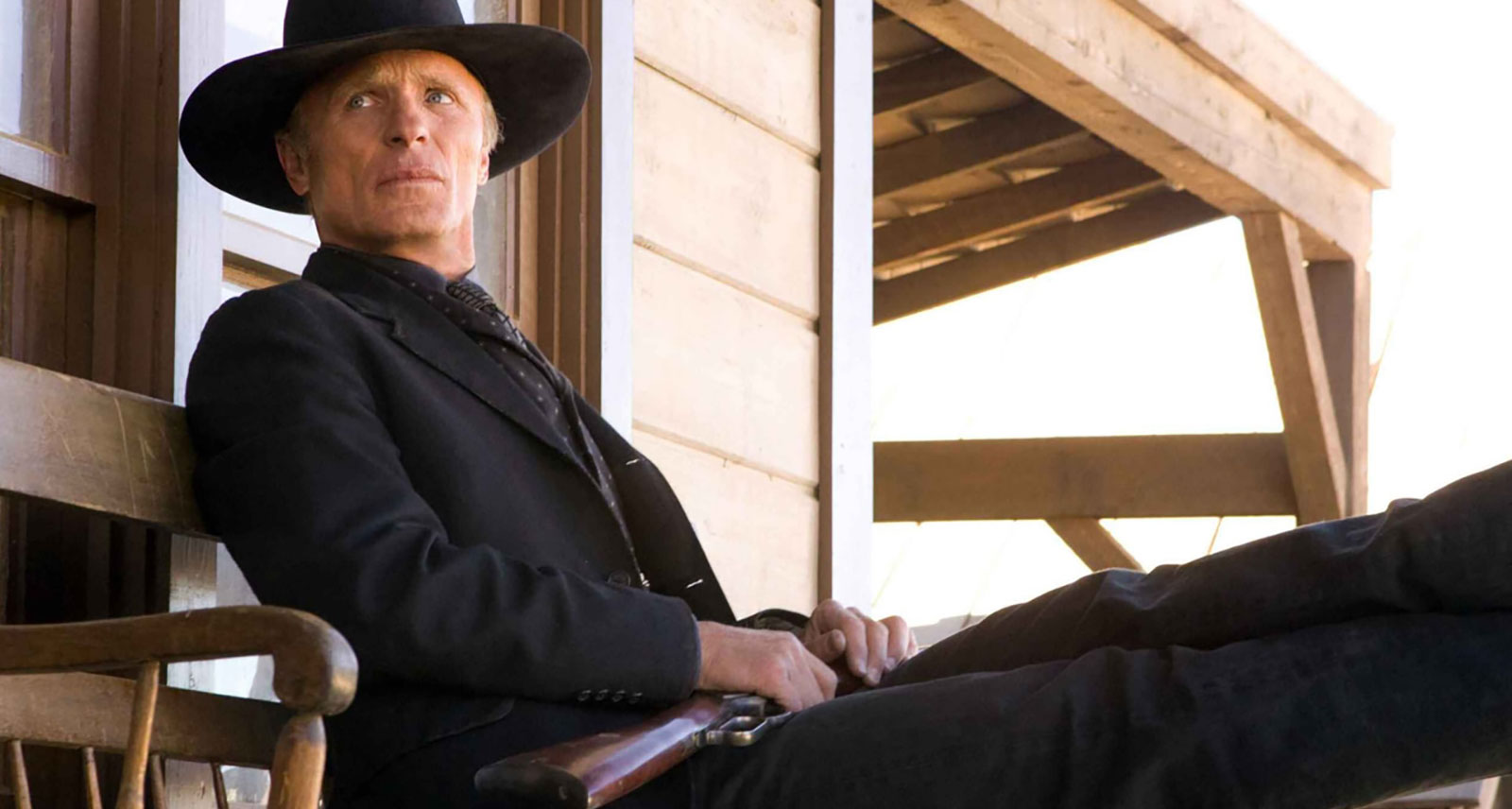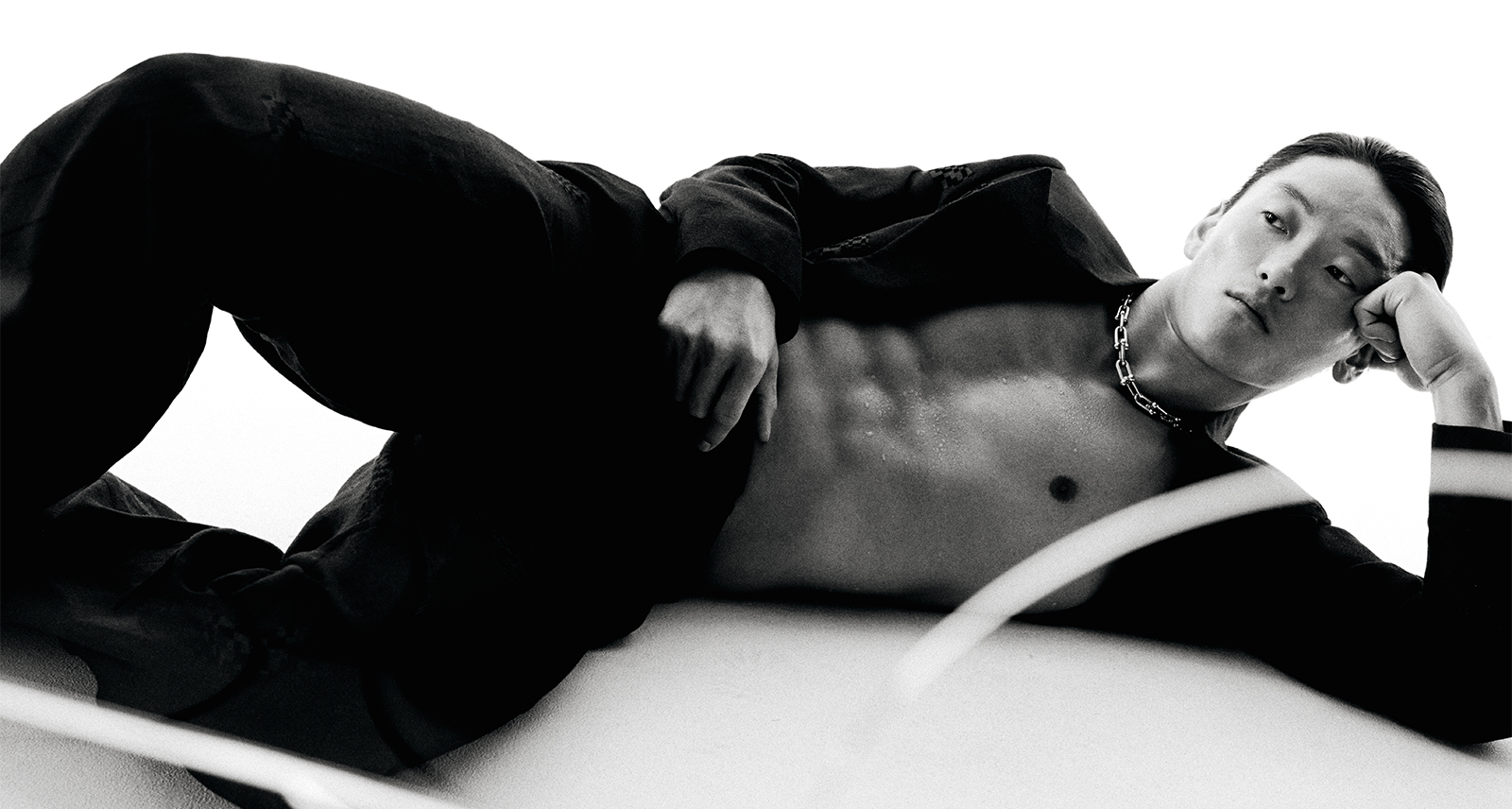‘Westworld’ Needs to Avoid the Temptation for Twists
Westworld, HBO’s newest drama series, is a hit. Its debut episode drew HBO’s largest premiere audience since the first episode of True Detective in 2014. People on the internet haven’t stopped talking about it since, and when have people on the internet ever been wrong?
I’m hooked too, but I’m also not optimistic the show will be able to sustain and reward our collective interest over time. This isn’t my general cynicism talking; I’m skeptical for a specific reason. Westworld’s first four episodes have introduced a gripping, unsettling premise, fleshed out a handful of compelling characters, and hinted that some seriously big twists lie ahead. It’s that last part I’m worried about. In movies, TV, and other forms of narrative art, twists are usually bad.
A note of explanation before we dive in: Twists are not the same thing as surprises. Surprises are great! Sometimes in life, unexpected shit just happens, and we could use more shows that aren’t afraid to reflect that randomness by breaking free of established plot formulas. An easy example is Westworld’s older, more popular HBO cousin Game of Thrones, whose huge appeal over the past five years has been partly fueled by the sense that none of its characters are safe from getting the ax (sometimes literally). When Thrones kills off large chunks of its cast abruptly, which it’s done repeatedly, it’s a surprise, not a twist. We may not have seen the slaughter coming, but it didn’t fundamentally change our understanding of how the show and its universe work. (If anything, Thrones’ commitment to unexpected violence only reinforces its narrative’s bleak core.)
Twists are different. A twist is a surprise that seeks to blow your mind and alter your understanding of all that has come before: Bruce Willis was dead the whole time; Norman Bates is the real psycho; “No, I am your father.” (Those are some of the good ones.) When twists work, it’s because they add some kind of new depth to their stories, emotionally or thematically. When they don’t, it’s because they feel like a stoned camp counsellor trying to tell the wildest campfire story of all time, internal logic be damned. They sacrifice resonance for gasps.
Westworld’s concept is hella resonant, almost too much of a metaphor. The show takes place in a futuristic Wild West theme park where “Hosts”—robots indistinguishable from humans—are programmed to go about their stereotypical but realistic “lives” as ranchers, bandits, prostitutes, etc., while “Newcomers”—visiting humans—pay large sums of money to (mostly) indulge their worst natures: boozing, raping, killing, whatever. After the Newcomers leave, the Hosts have their wounds healed and their memories wiped and are sent back into the field to be violated anew the next day. The show’s repetitive nature could be read as an indictment of the audience itself: Millions of people have been tuning into HBO’s unfailingly violent Sunday-night programming for more than a decade; isn’t visiting Westworld, the park, a logical extension of watching Westworld, the show?
There’s enough tension in that question for at least a season’s worth of drama, especially once (minor spoiler) some of the Hosts begin to remember their supposedly “wiped” past sufferings. The parts of Westworld so far that have dealt with that theme, and the heavily foreshadowed retribution sure to come by season’s end, are great TV: bloody and thought provoking, HBO’s specialty.
But there’s another major plot thread in Westworld, about a shadowy Newcomer called the Man in Black (Ed Harris), who has apparently spent years trolling the park and savaging Hosts, all in search of what he calls Westworld’s “deeper level.” By the end of episode one, he’s even secured a map to guide him there, printed on the inside of one unlucky Host’s scalp.
I’d be willing to bet that the “deeper level,” whatever it is, will qualify as a twist, not a surprise. It’s also likely to be unsatisfying, based on the past work of two of Westworld’s executive producers, J. J. Abrams and Jonathan Nolan. Abrams was one of the creators of Lost, possibly the worst twist offender of the modern age. (He’s since redeemed himself in the eyes of many with the new Star Wars movie, though you’ll note that story’s pivotal moment, the one with Han Solo, is a surprise, not a twist.) Nolan has collaborated on five films with his director brother Christopher, three of which I’d say involve twists: Memento (pretty good twist!), The Prestige (mediocre twist, though more in the execution than in the plotting itself), and Interstellar (laughably bad twist).
Westworld, save yourself the trouble. Give us the robot uprising we deserve. Plumb some more thorny questions about the relationship between morality and entertainment. Be surprising. And leave it at that.










